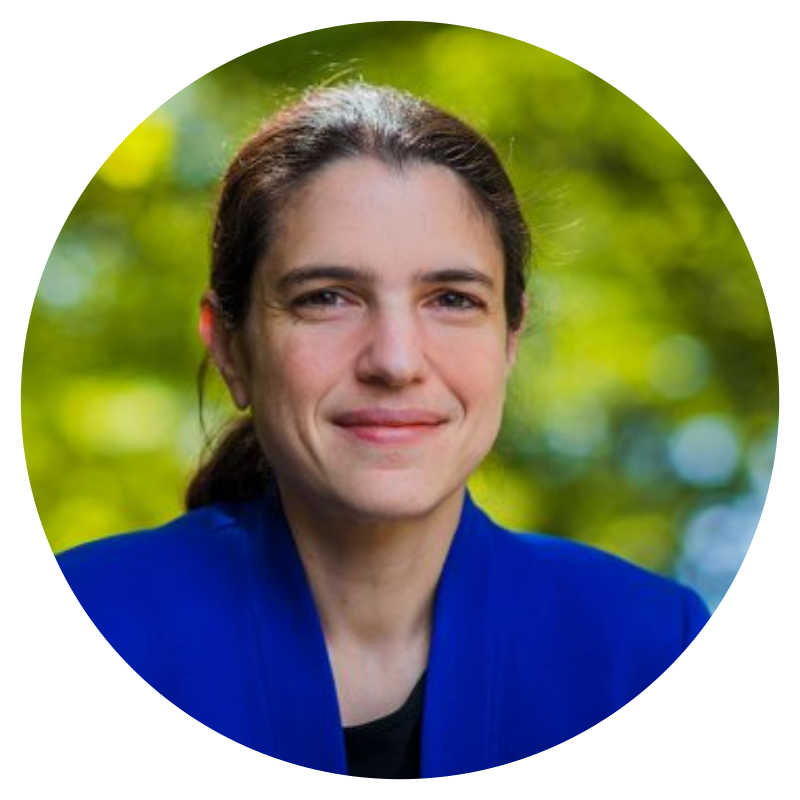Talk #D1.02
21.05.2024, 11:00 – 11:45
Machine Learning for Open Shell Transition Metal Complex and Metal-Organic Framework Discovery
I will discuss our efforts to use machine learning (ML) to accelerate the computational tailoring and design of open shell transition metal homogeneous catalysts as well as metal-organic framework (MOF) materials for catalysis and gas separations/storage. One limitation in a challenging materials space such as open shell transition metal chemistry present in the open metal sites of many homogeneous catalysts and most catalytically active MOFs is that ML models and ML-accelerated high-throughput screening traditionally rely on density functional theory (DFT) for data generation, but DFT is both computationally demanding and prone to errors that limit its accuracy in predicting new MOFs. In the realm of MOFs, I will describe how we have curated a dataset of thousands of MOFs[1,2] that have been experimentally synthesized and used this data to train ML models to predict experimentally reported measures of stability. These models predict experimental thermal stability and activation stability, which would be extremely difficult to predict using computational modeling. I will describe how we have leveraged these models to then screen for mechanically stable materials as well as stable catalysts in the direct conversion of methane to methanol[3]. I will also describe how we have used these models to accelerate the discovery of novel stable MOFs, creating a dataset of transition metal complexes enriched with stability and diversity 1-2 orders of magnitude beyond what is typically included in most hypothetical MOF datasets[4]. In the realm of open shell homogeneous catalysis, I will describe our efforts to accelerate the discovery of single site catalysts and materials with machine learning[5,6]. Despite decades of effort, no earth-abundant homogeneous catalysts have been discovered that can selectively catalyze the partial oxidation of methane to methanol. In open shell transition metal catalysis, we show how conventionally used scaling relations are easily disrupted, motivating the development of independent ML models to predict multiple reaction energies that can be independently optimized[7]. We have used our open-source toolkit molSimplify to accelerate the discovery of candidate catalysts with ML. We exploit active learning to optimize methane activation and methanol release calculated with ML-accelerated DFT in a space of 16M candidate catalysts including novel macrocycles[6]. I will demonstrate how this approach accelerates the discovery of new design principles by at least a few orders of magnitude, leading to conclusions that are often unexpected[6].
- A. Nandy, C. Duan, and H. J. Kulik, Journal of the American Chemical Society 2021, 143, 17535-17547.
- A. Nandy, G. G. Terrones, N. Arunachalam, C. Duan, D. W. Kastner, and H. J. Kulik, Scientific Data 2022, 9, 74.
- H. Adamji, A. Nandy, I. Kevlishvili, Y. Roman-Leshkov, and H. J. Kulik, Journal of the American Chemical Society 2023, 145, 14365–14378.
- A. Nandy, et al., Matter 2023, 6, 1585-1603.
- A. Nandy, et al., ACS Catalysis 2019, 9, 8243-8255.
- A. Nandy, C. Duan, C. Goffinet, and H. J. Kulik, JACS Au 2022 2, 1200-1213.
- A. Nandy and H. J. Kulik, ACS Catalysis 2020, 10, 15033-15047.

Heather J. Kulik
- Massachusetts Institute of Technology